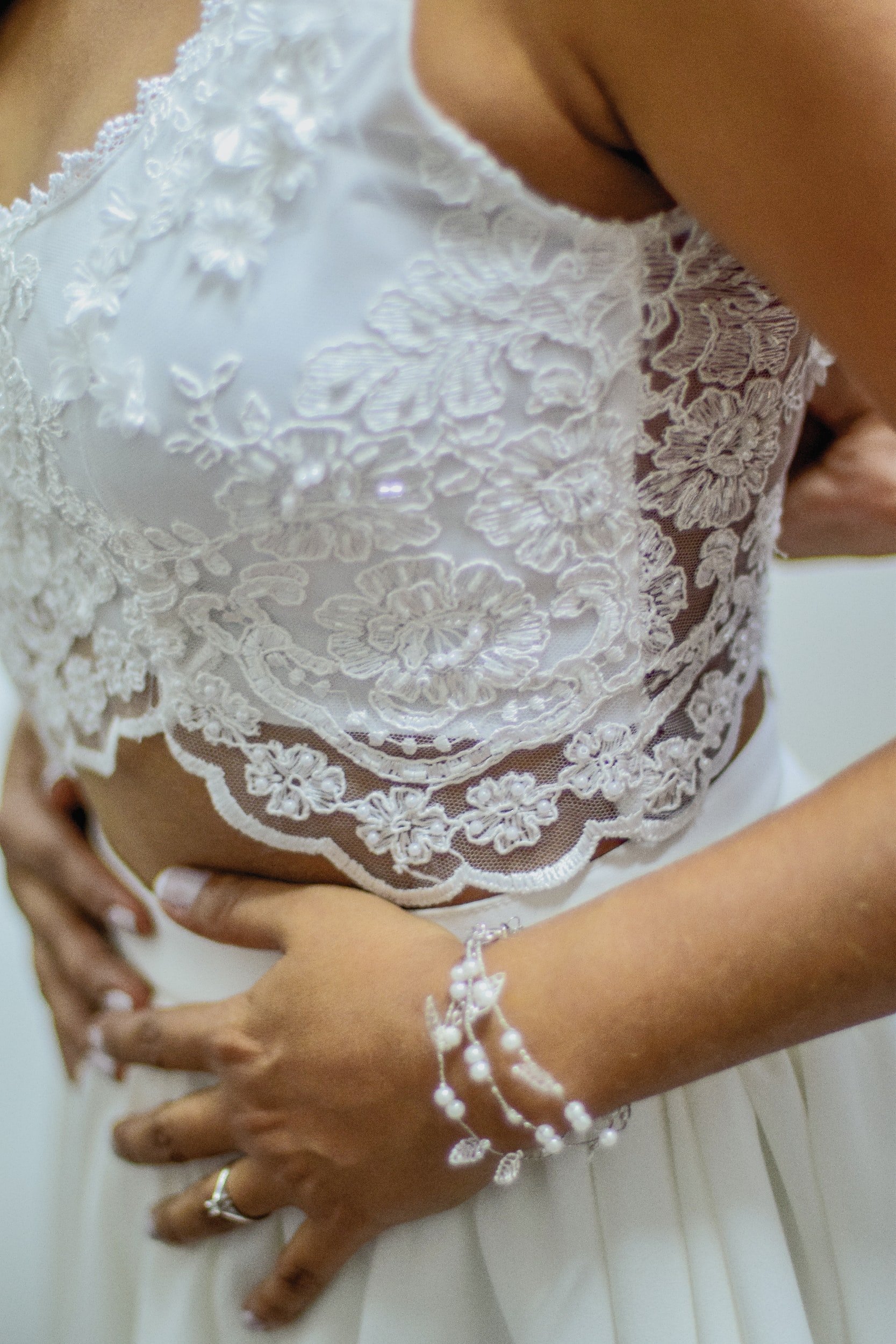Wedding Vows: You Go First…
Deciding who will read their vows first is more important than many couples think
“You don’t want what should be the most magical portion of the ceremony to fall flat. Your wedding vows should end on a high note.”
So you’ve decided you and your fiancé(e) will write and read out loud your own personal vows.
But have you thought about who will go first?
Traditionally, the groom goes first. The explanation dates back decades ago when men were typically the head of the household, and women were not seen as equals.
Times have definitely changed. Plus, the old wedding vow tradition doesn’t acknowledge same-sex marriages. These days you can throw out tradition, and follow what’s best for the both of you.
So how do you decide — who will recite their vows first? Here are some pointers to help you choose.
Who’s more comfortable?
The person who’s more comfortable speaking in front of a crowd should likely go last. Think about it. You don’t want what should be the most magical portion of the ceremony to fall flat. Your wedding vows should end on a high note. I like to think of it as a love story: there’s a beginning, an emotional and/or humorous progression into the middle and lastly, it’s sealed with a romantic ending.
Who’s the better writer?
Again, you don’t want your promises to each other to start off with a bang only to have it come to an anti-climatic ending. If you’re a better writer, you should probably go last. If you’re also a better public speaker — then this should be a no-brainer. You should definitely go second.
Who will likely have longer personal vows?
This is something you both should probably talk through before you sit down and write your vows, and then once again after you’ve written them. It may be a good idea to have the person who has more to say go last. Otherwise, it could appear as if the other person didn’t put much effort into their vows. I once attended a wedding where the groom’s personal vows fit on a dozen note cards and lasted almost five minutes. The bride went second, and her vows lasted less than a minute. You couldn’t help wondering whether she felt awkward for not having as much to say as her fiancé.
PRO TIP: Personal vows should not be any longer than two to three minutes or you’ll start to lose your guests’ attention and cut into your ceremony and reception time.
Sometimes tradition is OK.
If you’re in a heterosexual relationship, and you both agree the groom should go first — there’s nothing wrong with that. Your family tradition and culture may also dictate who gets to step up to the plate first.
Whatever you decide, try and make these decisions early on in the process of planning your wedding. Wedding vows are typically forgotten until the last minute. You also want to be on the same page as your other half so there are no surprise conversations when wedding planning can get chaotic as you near your Big Day. Lastly, these are decisions that should be shared with your officiant so that he/she can work out a timeline of your ceremony. Good luck and remember that no decision you make is wrong!
Written By Vows & Forever Founder and Veteran Journalist Maria Cid. V&F is a wedding vows & speech writing service that also specializes in speech coaching and wedding timeline coordination.
The Vows & Forever Blog may contain affiliate links, which allows us to earn commission if you make a purchase.



























San Francisco-Based wedding and elopement photographer Torez Marguerite gives us the ultimate ceremony photo shot list in this guest feature article